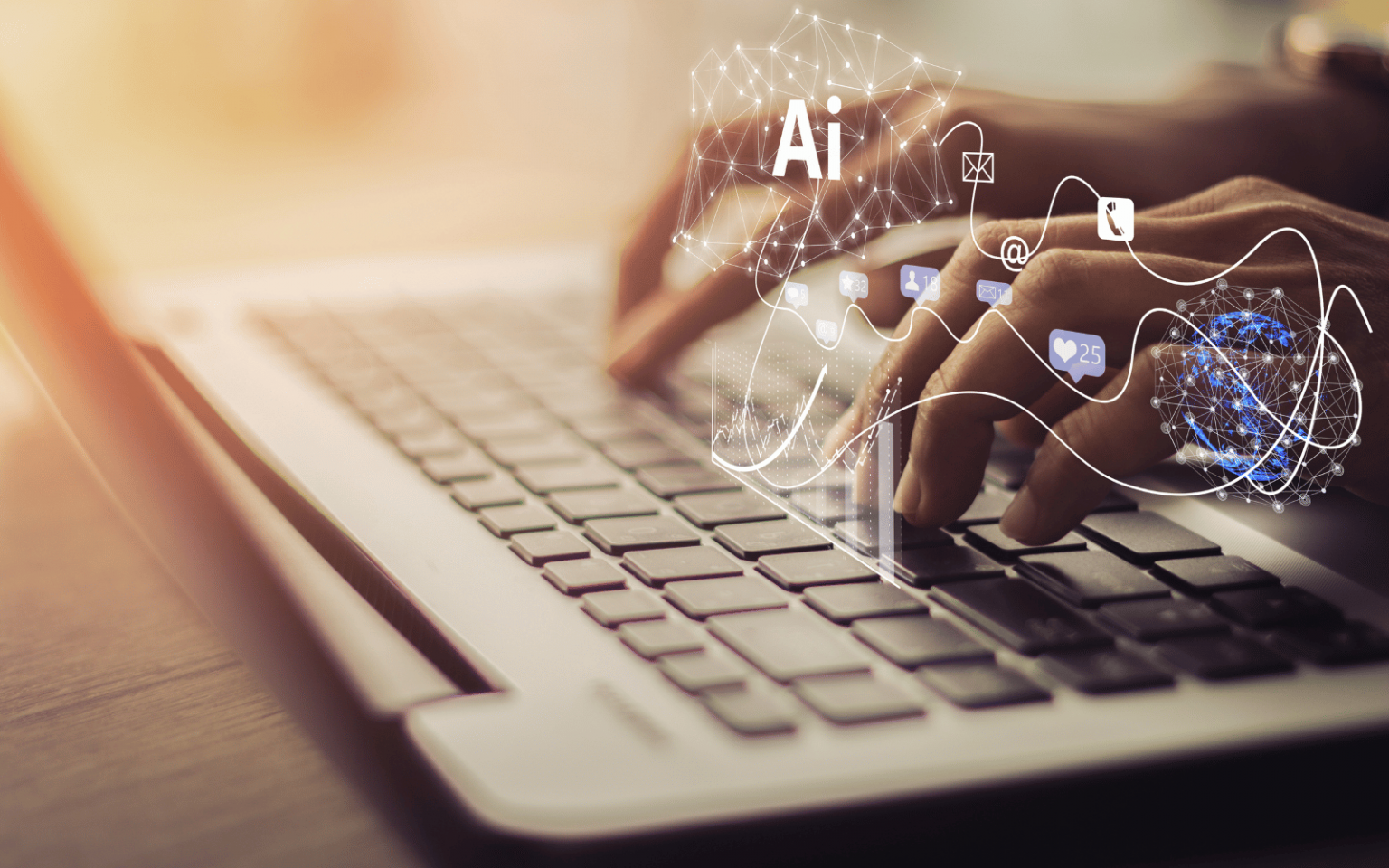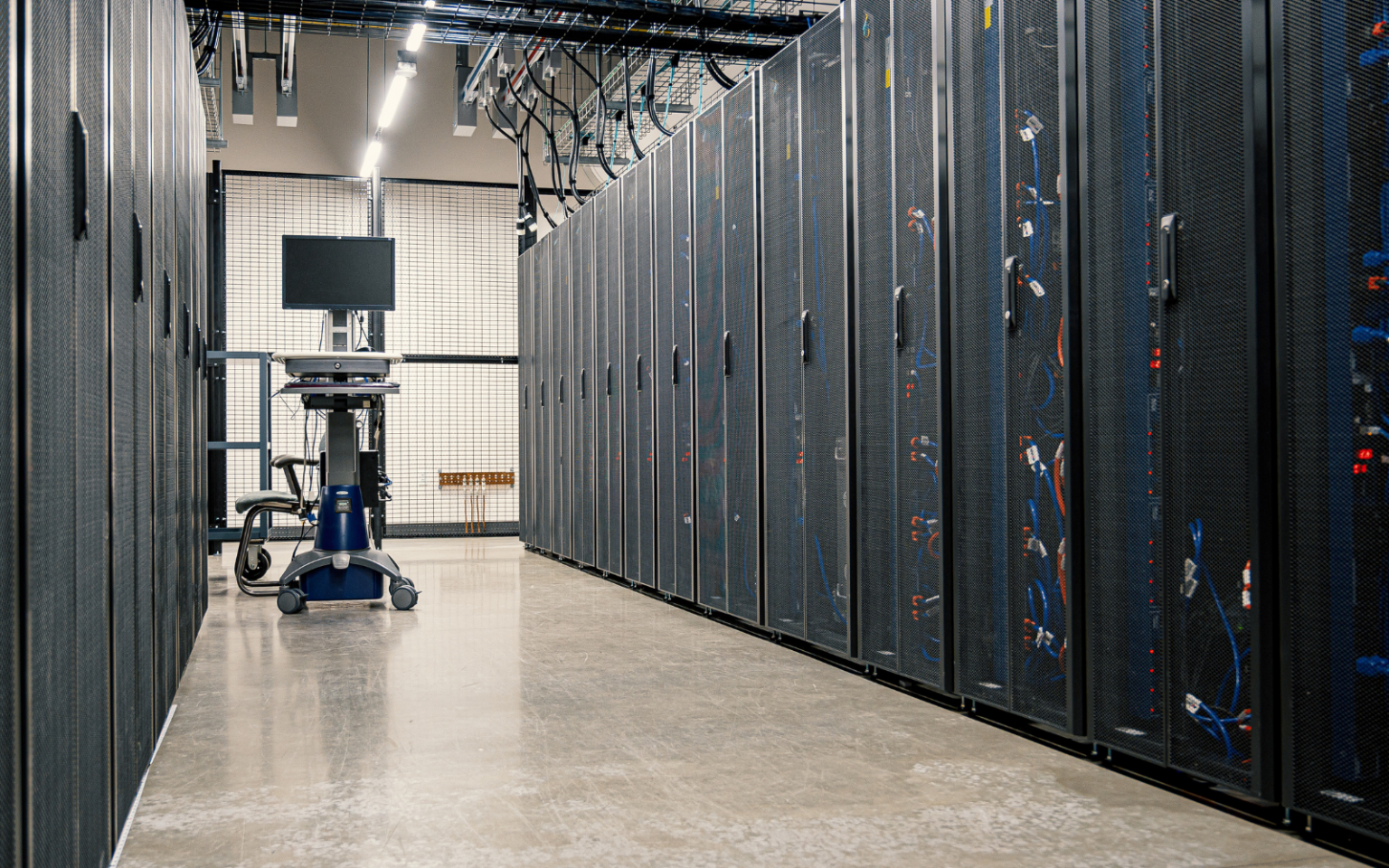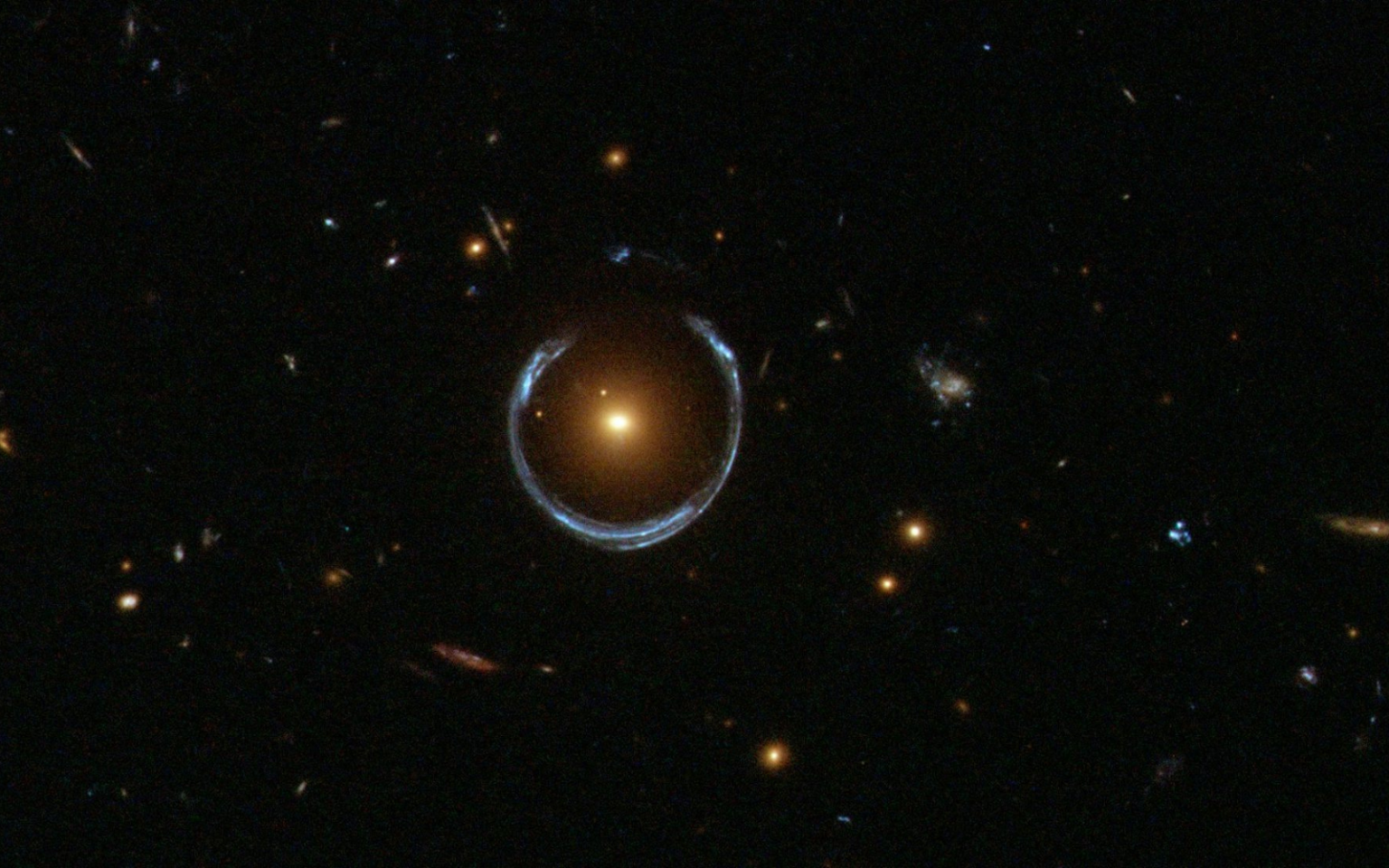As another school year returns, large language models (LLMs) present difficult questions around learning, thinking, plagiarism and authorship for educators. New approaches to assignments and assessment are required. Student papers that use LLM technology require additional labour on many fronts. Professors have expressed frustration, worry and anxiety. As an assistant professor of English whose research has focused on the histories of writing and how it’s taught, I have been involved in many discussions at institutions of higher learning about this topic. The immediate issue of LLMs in the classroom points to a larger reality. For too long, instructors and universities have been treating students’…
Author: The Conversation
When you chat with ChatGPT, it often feels like you’re talking to someone polite, engaged and responsive. It nods in all the right places, mirrors your wording and seems eager to keep the exchange flowing. But is this really what human conversation sounds like? Our new study shows that while ChatGPT plausibly imitates dialogue, it does so in a way that is stereotypical rather than unique. Every conversation has quirks. When two family members talk on the phone, they don’t just exchange information — they reuse each other’s words, rework them creatively, interrupt, disagree, joke, banter or wander off-topic. They do so because human talk is naturally…
Artificial intelligence (AI) is growing fast, and so is the number of computers that power it. Behind the scenes, this rapid growth is putting a huge strain on the data centres that run AI models. These facilities are using more energy than ever. AI models are getting larger and more complex. Today’s most advanced systems have billions of parameters, the numerical values derived from training data, and run across thousands of computer chips. To keep up, companies have responded by adding more hardware, more chips, more memory and more powerful networks. This brute force approach has helped AI make big…
Making AI quicker, smarter and better is proving to be a very expensive business. Companies like OpenAI are investing billions of dollars in hardware, and the likes of Meta are offering top (human) talent huge salaries for their expertise. So perhaps it’s no surprise that these businesses have started exploring new ways of making money as well as spending it. OpenAI, for example, is exploring a partnership with Shopify, one of the world’s largest e-commerce platforms, which helps businesses manage online selling. The reported deal between the two companies would see OpenAI receive a cut of any Shopify sales that result from recommendations provided by…
For farmers, every planting decision carries risks, and many of those risks are increasing with climate change. One of the most consequential is weather, which can damage crop yields and livelihoods. A delayed monsoon, for example, can force a rice farmer in South Asia to replant or switch crops altogether, losing both time and income. Access to reliable, timely weather forecasts can help farmers prepare for the weeks ahead, find the best time to plant or determine how much fertiliser will be needed, resulting in better crop yields and lower costs. Yet, in many low- and middle-income countries, accurate weather…
Disclosure, consent and platform power have become newly invigorated battlefields with the rise of AI. The issue came to the fore recently with YouTube’s controversial decision to use AI-powered tools to “unblur, denoise and improve clarity” for some of the content uploaded to the platform. This was done without the consent, or even knowledge, of the relevant content creators. Viewers of the material knew nothing of YouTube’s intervention. Without transparency, users have limited recourse to identify, let alone respond to, AI-edited content. At the same time, such distortions have a history that significantly predates today’s AI tools. A new kind of invisible…
With the rapid advancement of generative artificial intelligence (AI), teachers have been thrust into a new and ever-shifting classroom reality. The public, including many students, now has widespread access to GenAI tools and large language models (LLMs). Students sometimes use these tools with schoolwork. School boards have taken different approaches to regulating or integrating tech in classrooms. Teachers, meanwhile, find themselves responding to these paradigm shifts while juggling student needs and wider expectations. The Canadian Teachers’ Federation (CTF) has called on the federal government and the Council of Ministers of Education, Canada to work with provinces and territories to enact enforceable policies that protect student…
In today’s world, huge amounts of data are being created all the time, yet more than half of it is never used. It stays in silos, or isn’t managed, or can’t be accessed because systems change, or isn’t needed because business priorities change. This “dark data” accumulates in servers and storage devices, consuming electricity and inflating the digital carbon footprint. It may appear harmless, but this growing mass of digital waste has consequences for the environment. Storing unused or obsolete digital data requires constant power for servers and cooling systems. This drives up electricity consumption and greenhouse gas emissions. Dark data alone…
Astronomers are living in a golden age of bigger and better telescopes. But even our most advanced technology pales in comparison to the power of nature’s own “cosmic magnifying glasses” – strong gravitational lenses. In less than 50 years we have gone from the first-ever discovery of a strong gravitational lens to now finding thousands. As new telescopes come online, we’re expecting to discover thousands more. With these lenses, we can look deep into the universe, and catch glimpses into the most puzzling of contemporary cosmic mysteries: dark matter and dark energy. So, what are gravitational lenses and how do they work? A…
In 1770, after Captain Cook’s Endeavour struck the Great Barrier Reef and was held up for repairs, botanists Joseph Banks and Daniel Solander collected hundreds of plants. One of those pressed plants is among 170,000 specimens in the herbarium at the University of Melbourne. Worldwide, more than 395 million specimens are housed in herbaria. Together they comprise an unparalleled record of Earth’s plant and fungal life over time. We wanted to find a better, faster way to tap into this wealth of information. Our new research describes the development and testing of a new AI-driven tool Hespi (short for “herbarium specimen sheet pipeline”). It has the potential…










